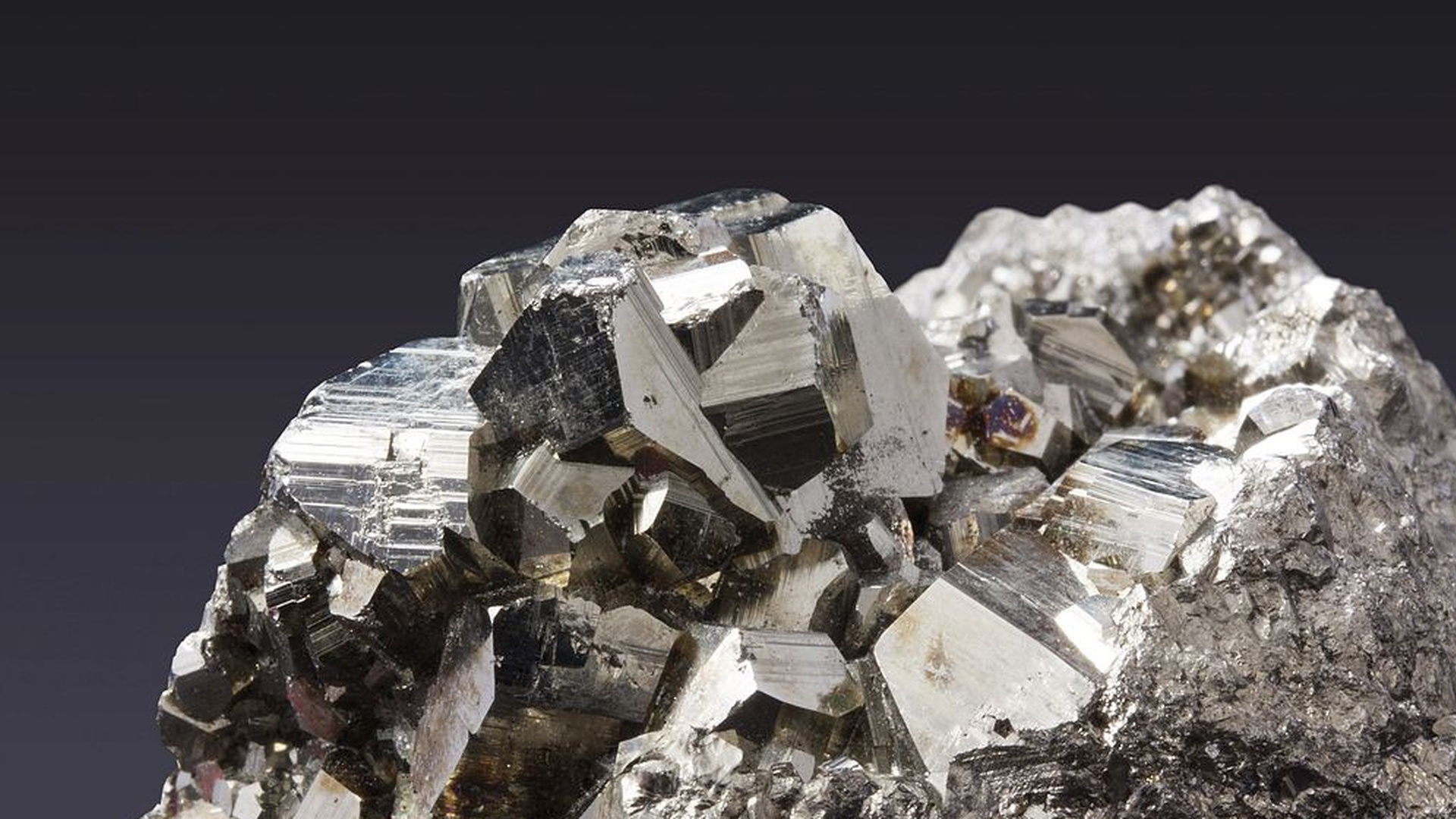

U.S. manufacturers, defense contractors, and tech firms are scrambling to secure a stable supply of critical minerals as China weaponizes its market dominance. Export controls on key materials like gallium, germanium, rare earths, and graphite, vital for everything from F-35 fighter jets to electric vehicle batteries, have created a strategic inflection point. In response, U.S. buyers are employing a multi-faceted approach to reduce their reliance on Chinese suppliers, focusing on international partnerships, domestic production, and, most importantly, recycling.
Despite China's official ban on the export of key critical minerals to the United States, enacted in December 2024, U.S. import volumes of antimony oxides from Thailand and Mexico have surged to record highs. This trend signals the emergence of complex shadow supply chains that reroute restricted materials through third-party nations.
The process begins with Chinese producers who continue to extract and refine vital minerals, such as antimony, gallium, and germanium, despite the export bans. These materials are sold to intermediary buyers within China, typically trading firms or logistics companies operating in gray zones not directly banned from selling to other non-U.S. destinations. From there, these intermediaries export the materials to third-party countries like Thailand and Mexico. Notably, local smelters or importers, often Chinese-owned or affiliated, receive these shipments. According to Chinese customs data, by 2025, Thailand and Mexico had rapidly become two of the top three destinations for Chinese antimony exports, with Thailand’s Unipet Industries, a subsidiary of China’s Youngsun Chemicals, receiving a significant portion of these exports.
Once the materials reach these third countries, they undergo minimal to no processing. In many cases, the only change is in the packaging, labeling, or documentation, which is altered to identify Thailand or Mexico as the country of origin instead of China. After this minimal local handling, the materials are shipped to the U.S. under new harmonized tariff codes or are disguised as different commodities altogether. Some shipments have even been labeled as zinc, iron, or art supplies in an effort to avoid detection. U.S. customs records reveal that between December 2024 and April 2025, a staggering 3,834 metric tons of antimony oxides were imported into the U.S. from Thailand and Mexico, more than the total volume recorded in the previous three years combined.
Interestingly, some U.S. importers, such as Texas-based Youngsun & Essen, have continued to source antimony from familiar Chinese suppliers via these third countries. While these buyers may not have direct proof of Chinese origin, industry insiders and trade analysts confirm the high likelihood of transshipment due to the limited local mining capacity in Thailand and Mexico.
Facilitating these shipments frequently involves anonymous shipping platforms and complex bill of lading arrangements that obscure the true origin of the goods. As Ram Ben Tzion, CEO of Publican, a digital shipment-vetting company, notes, “The pattern of transshipment is consistent and widespread. Chinese companies are super creative in bypassing regulations, and the current trade data infrastructure does not allow identification of every company involved.”
Legal risks and enforcement gaps further complicate the situation. Although Chinese law prohibits unauthorized exports, enforcement has been lagging. In May 2025, Chinese authorities announced that overseas buyers colluding with domestic lawbreakers would face penalties. However, insiders suggest that China’s enforcement efforts tend to be reactive and struggle to keep pace with evolving trade tactics. As James Hsiao, a partner at White & Case, states, “Chinese firms can face fines or jail terms exceeding five years for smuggling or for failing to verify end-users, even when the transactions occur abroad.” Nevertheless, the high profit incentives remain, as prices for gallium, germanium, and antimony reach record highs, prompting companies on both sides of the trade to take calculated risks.
To bypass China’s restrictions, the U.S. is aggressively building a more resilient supply chain with allied nations. Through initiatives like the Minerals Security Partnership (MSP), the U.S. and its partners (including Australia, Canada, and the European Union) are collaborating on new mining and processing projects to create non-Chinese sources. This strategy also involves new trade agreements, such as the EU-U.S. Critical Minerals Agreement, to integrate supply chains and facilitate the flow of these materials.
Simultaneously, U.S. and Canadian firms are investing heavily in onshoring and nearshoring refining and processing facilities. Projects like Graphite One's Alaska-based mine and processing plant and Westwater Resources' Alabama graphite facility aim to establish secure, domestic supply lines. This effort is supported by government legislation like the Inflation Reduction Act, which incentivizes domestic sourcing for key industries.
While new mines and international partnerships are long-term solutions, a more immediate and secure bypass strategy is critical for mineral recycling. U.S. companies are heavily investing in technology to recover rare earths, gallium, germanium, and cobalt from urban mines, the massive waste streams of discarded electronics, spent magnets, and industrial byproducts. This process offers a domestic, secure, and sustainable alternative to volatile imports.
This is where companies like Quest Metals are emerging as vital partners. Quest Metals specializes in urban mining, providing critical mineral recovery services to U.S. manufacturers, recyclers, and defense contractors. By recovering high-value materials from scrap electronics and industrial waste, Quest Metals helps clients mitigate export risks, stabilize their supply chains, and meet stringent environmental compliance standards. Quest Metals’ services represent a crucial step toward building a circular economy for critical minerals, making the U.S. less vulnerable to geopolitical shocks.
The geopolitical landscape demands that U.S. buyers move beyond reliance on a single source. As China’s export controls continue to evolve, the combination of diversified international sourcing, domestic production, and strategic recycling will be essential. Companies like Quest Metals are on the front lines, helping bridge the gap between demand and secure supply through innovative, domestic recycling solutions. Building this resilient supply chain is not just an economic necessity; it's a matter of national security.